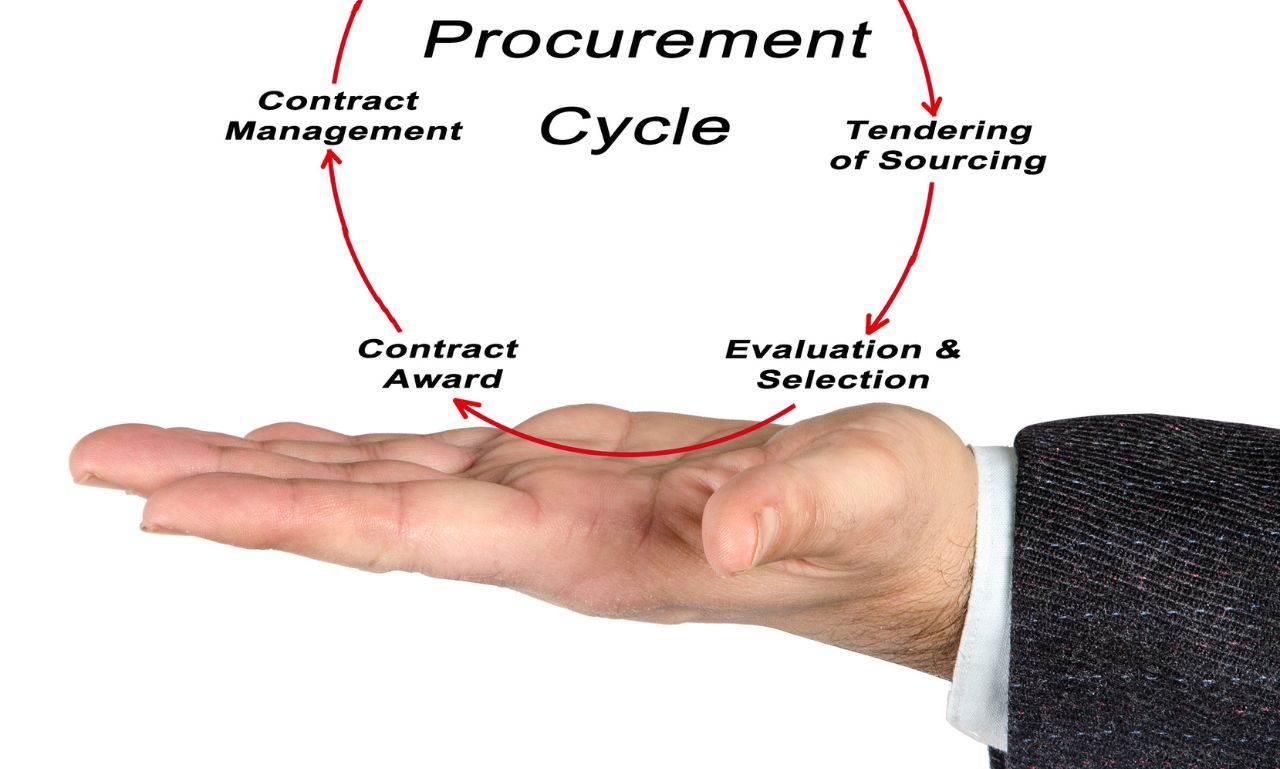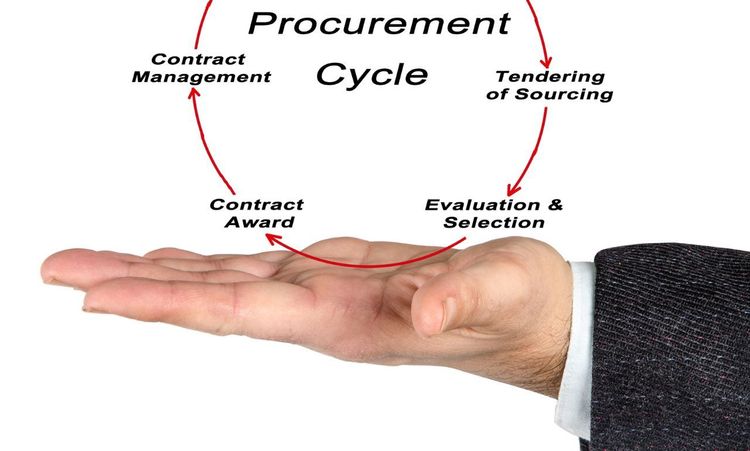Contract management in procurement serves as the backbone of successful supplier relationships and operational efficiency. It encompasses the processes of creating, executing, and analyzing contracts to maximize performance while minimizing risk. If done right, it not only streamlines operations but also enhances collaboration and accountability between parties.
The Importance of Contract Management
Effective contract management is not just beneficial; it’s essential for any organization engaged in procurement. Here’s why it matters:
-
Legal Compliance: It ensures that both parties adhere to the agreed-upon terms, which helps avoid legal disputes and potential penalties. Compliance safeguards the organization’s interests.
-
Operational Efficiency: By establishing clear guidelines, effective contract management streamlines processes, reducing misunderstandings and delays. This leads to smoother operations and timely project execution.
-
Financial Performance: Proper management can lead to significant cost savings through better negotiations and enhanced supplier performance. This directly impacts the organization’s bottom line.
-
Risk Management: It identifies potential risks early on, allowing for proactive measures to mitigate negative outcomes. This foresight is critical for minimizing liabilities.
-
Supplier Relationships: Effective contract management fosters trust and collaboration, transforming transactional relationships into strategic partnerships. Strong relationships enhance reliability and performance.
Effective contract management in procurement transforms contracts from mere paperwork into strategic tools that drive business success. It not only protects the organization but also enhances overall efficiency and profitability, making it a cornerstone of successful procurement practices.
Key Stages of Contract Management

Understanding the key stages of contract management is crucial for organizations aiming to optimize their procurement processes. These stages can be broadly categorized into two main phases: the pre-award phase and the post-award phase.
Pre-Award Phase
The pre-award phase is crucial for laying the groundwork for successful contract management. This phase involves several key activities:
- Needs Assessment:
- Identify specific requirements and objectives.
- Engage stakeholders to ensure alignment on expectations.
- Supplier Selection:
- Research potential suppliers and their capabilities.
- Conduct due diligence to assess financial stability, reputation, and compliance history.
- Request for Proposal (RFP):
- Develop and distribute an RFP that clearly outlines project requirements, evaluation criteria, and deadlines.
- Ensure transparency to attract a competitive pool of suppliers.
- Bid Evaluation:
- Assess submitted proposals against pre-established criteria.
- Involve cross-functional teams to ensure a comprehensive evaluation.
- Negotiation:
- Engage in discussions to reach mutually agreeable terms.
- Focus on key areas such as pricing, delivery timelines, and quality standards.
- Aim for a win-win outcome that builds a solid foundation for the partnership.
The pre-award phase is where you set the stage for successful contract management. It’s about preparing thoroughly to avoid pitfalls down the line.
Post-Award Phase
Once a contract is awarded, the real work begins. The post-award phase involves several critical processes:
- Implementation:
- Ensure all parties understand the contract terms, responsibilities, and expectations.
- Provide training if necessary to facilitate smooth execution.
- Monitoring and Compliance:
- Regularly review performance against the contract terms.
- Track key performance indicators (KPIs) related to delivery, quality, and costs.
- Use contract management software to enhance visibility.
- Modification Management:
- Be prepared to negotiate changes as business needs evolve.
- Document all modifications to maintain clarity and accountability.
- Performance Review:
- Conduct periodic performance reviews to assess supplier effectiveness.
- Gather feedback from stakeholders to inform future procurement decisions.
- Closure:
- Ensure all obligations have been met before closing the contract.
- Conduct a final review to identify lessons learned and areas for improvement.
The post-award phase solidifies the relationship between your organization and the supplier, reinforcing mutual understanding and collaboration.
Benefits of Effective Contract Management
When you nail contract management in procurement, the benefits are undeniable. Here’s a closer look at some key advantages:
Compliance with Terms and Regulations
- Legal Protection: Staying compliant with contract terms protects your organization from legal issues and financial penalties.
- Audit Readiness: Well-managed contracts ensure that documentation is organized and accessible, simplifying audits.
Optimizing Supplier Performance
- Enhanced Accountability: Clearly defined expectations lead to improved supplier accountability.
- Continuous Improvement: Regular performance reviews help identify areas for enhancement, fostering a culture of continuous improvement.
Risk Mitigation and Dispute Resolution
- Proactive Risk Management: Identifying potential risks early allows for timely interventions.
- Efficient Dispute Resolution: A well-documented contract aids in swift resolution of disagreements, saving time and costs.
Financial Benefits
- Cost Savings: Effective negotiations can lead to better pricing, terms, and overall cost reductions.
- Budget Management: Improved visibility into contract performance helps organizations manage budgets more effectively.
Strengthened Relationships
- Collaboration: Strong contract management fosters collaborative partnerships rather than adversarial relationships.
- Trust Building: By delivering on promises and maintaining open communication, organizations can build trust with suppliers.
Common Challenges in Contract Management

Despite its importance, many organizations face challenges in contract management. Here are some of the most common obstacles:
Poor Contract Visibility
- Lack of Centralization: Contracts can become buried in filing cabinets or lost in digital files, making it difficult to track obligations and deadlines.
- Inefficient Access: Difficulty in accessing contracts hinders timely decision-making and responsiveness.
Inadequate Documentation Practices
- Inconsistent Record-Keeping: Poor documentation can complicate the contract management process, leading to misunderstandings and disputes.
- Missing Information: Lack of critical details can create confusion and reduce accountability.
Adaptation to Changing Business Requirements
- Static Contracts: Contracts that are not regularly reviewed can become outdated and fail to meet current business needs.
- Resistance to Change: Organizations may struggle to adapt to new requirements or regulations, leading to compliance risks.
Technology Limitations
- Manual Processes: Relying on manual processes can lead to human errors and inefficiencies.
- Lack of Automation: Organizations may miss out on the benefits of contract management software that streamlines processes and enhances visibility.
Best Practices for Successful Contract Management
Implementing best practices can significantly enhance your contract management capabilities. Here are some effective strategies to consider:
Establishing Clear Metrics and KPIs
- Define Success: Determine what success looks like in terms of contract performance. This includes identifying specific goals such as compliance rates, cost savings, and delivery timelines.
- Regular Reviews: Conduct consistent reviews of Key Performance Indicators (KPIs) to evaluate contract effectiveness. Adjustments based on these reviews ensure contracts remain relevant and achieve desired outcomes.
Utilizing Contract Management Software
- Centralized Repository: Adopt a digital platform that serves as a centralized repository for all contracts. This enhances visibility and accessibility, making it easier for teams to locate and track agreements.
- Automated Alerts: Leverage software capabilities to set up automated alerts for critical dates and milestones. This ensures timely action on renewals, expirations, and compliance checks.
Regular Training and Development for Teams
- Continuous Learning: Invest in ongoing training programs to keep your team informed about best practices and compliance requirements. This fosters a knowledgeable workforce equipped to handle contract management effectively.
- Cross-Departmental Collaboration: Encourage collaboration among procurement professionals, legal teams, and contract managers. A holistic approach enhances communication and ensures that all aspects of contract management are considered.
Engaging Stakeholders
- Involve Key Players: Actively engage relevant stakeholders throughout the contract management process. Their input ensures alignment and buy-in, which is crucial for successful implementation.
- Feedback Mechanisms: Establish clear channels for feedback to continuously refine processes. Addressing concerns promptly helps improve contract management practices over time.
Documenting Everything
- Clear Documentation: Maintain comprehensive records of all contract discussions, amendments, and performance reviews. This documentation serves as a valuable reference for all parties involved.
- Version Control: Implement strict version control protocols to ensure everyone is working with the most current documents. This reduces confusion and maintains consistency across the organization.
By adopting these best practices, organizations can significantly enhance their contract management efficiency and effectiveness.
Measuring Success in Contract Management

To understand the effectiveness of your contract management efforts, you need to measure success accurately. Here are some essential metrics to consider:
Essential Metrics and Performance Indicators
-
Contract Compliance Rate: Measure the percentage of contracts that are adhered to without issues. A high compliance rate indicates effective management and understanding of contract terms.
-
Supplier Performance Scores: Evaluate supplier performance against pre-defined criteria, such as delivery times and quality standards. This helps identify reliable suppliers and areas needing improvement.
-
Cost Savings Achieved: Track the financial savings realized through effective negotiations and supplier performance. Understanding cost implications is crucial for optimizing procurement strategies.
-
Time to Resolve Disputes: Monitor how long it takes to resolve any contract-related disputes to identify areas for improvement. Faster resolution times indicate effective communication and management processes.
By focusing on these metrics, organizations can gain valuable insights into their contract management practices, drive continuous improvement, and enhance overall procurement performance.
Conclusion
As organizations navigate an increasingly complex business landscape, the future of contract management in procurement will be shaped by technology and collaboration. Embracing digital tools, fostering strong supplier relationships, and adhering to best practices will be essential for success.
Ready to elevate your procurement strategy through effective contract management? Start today!




